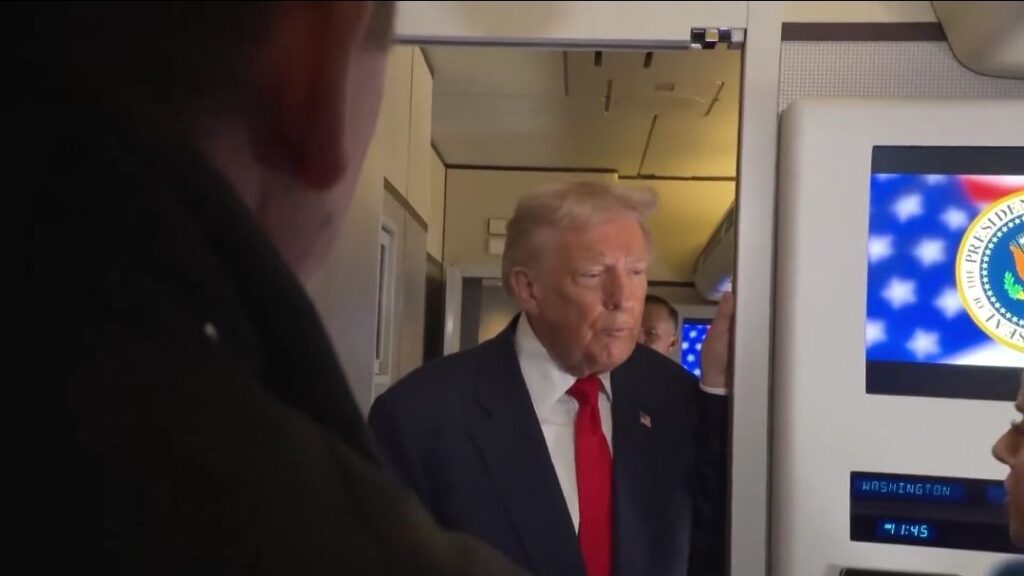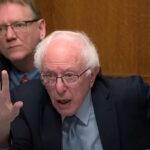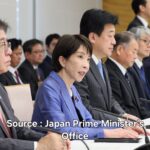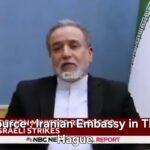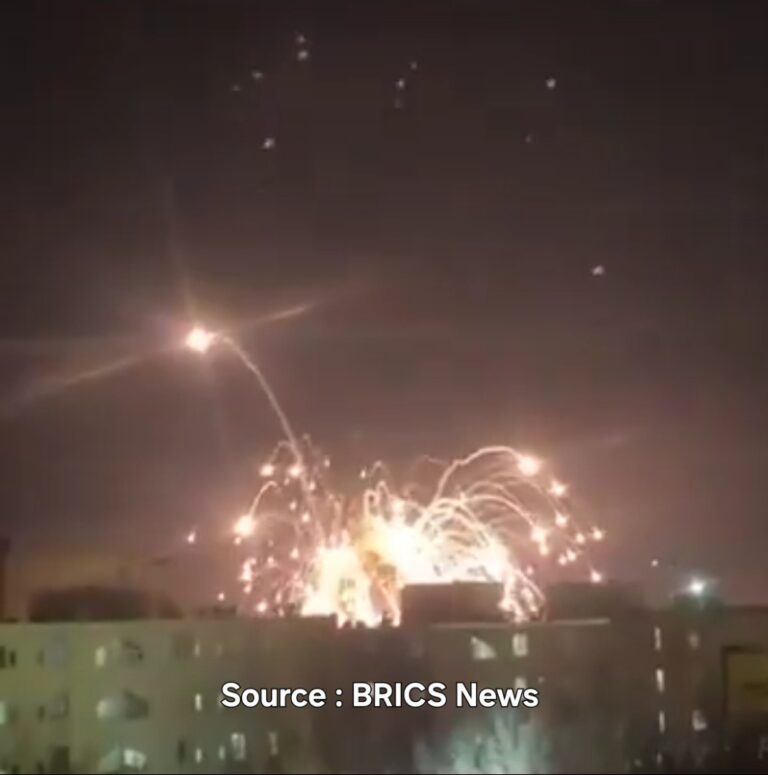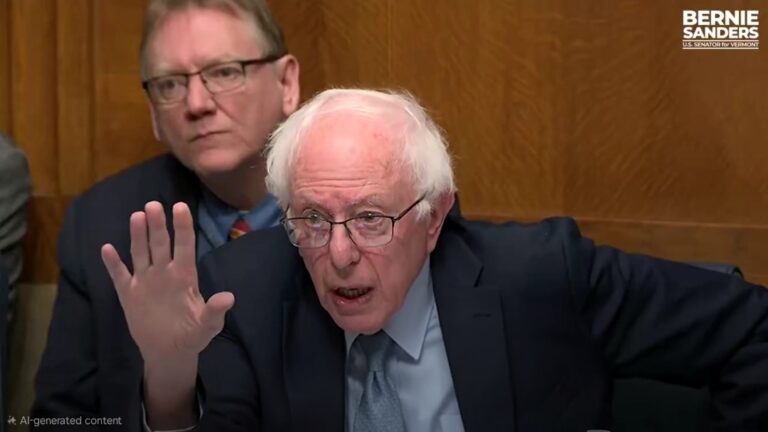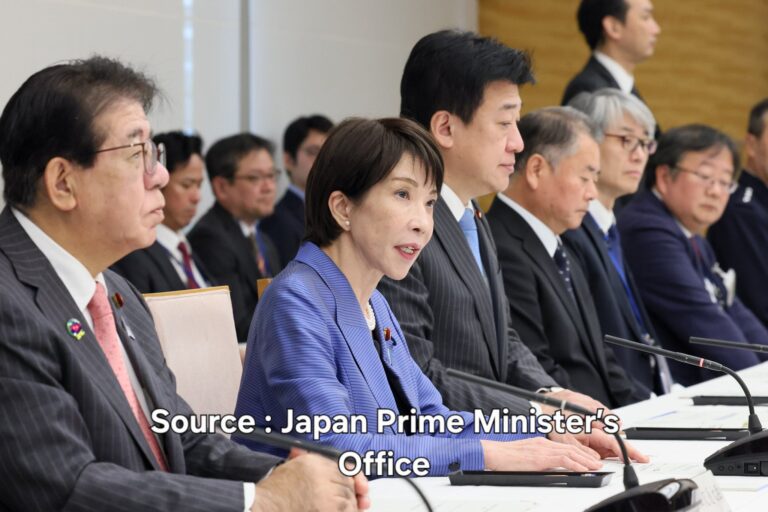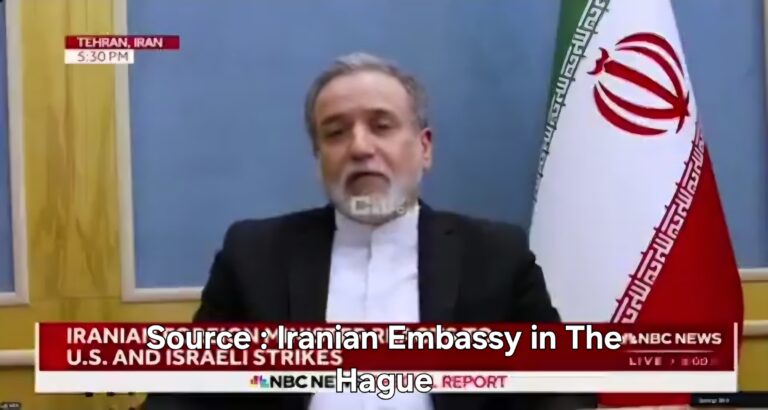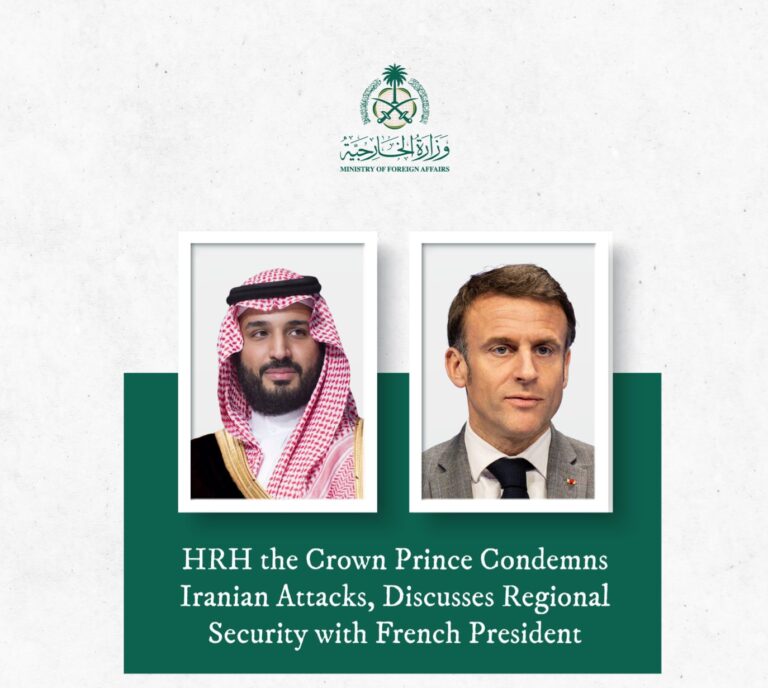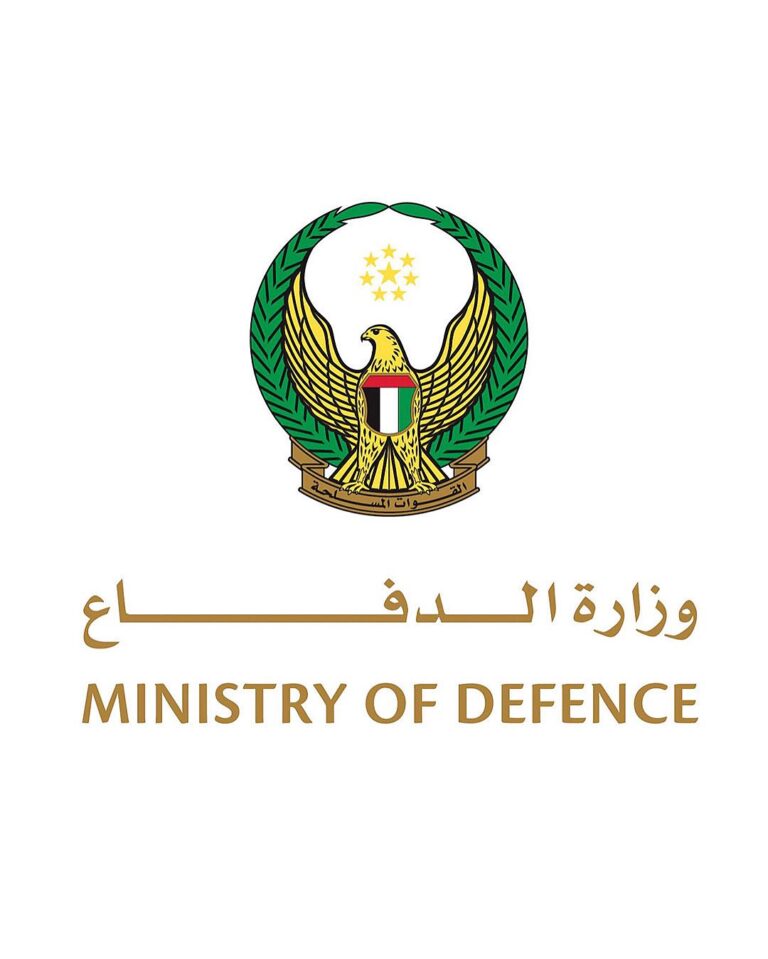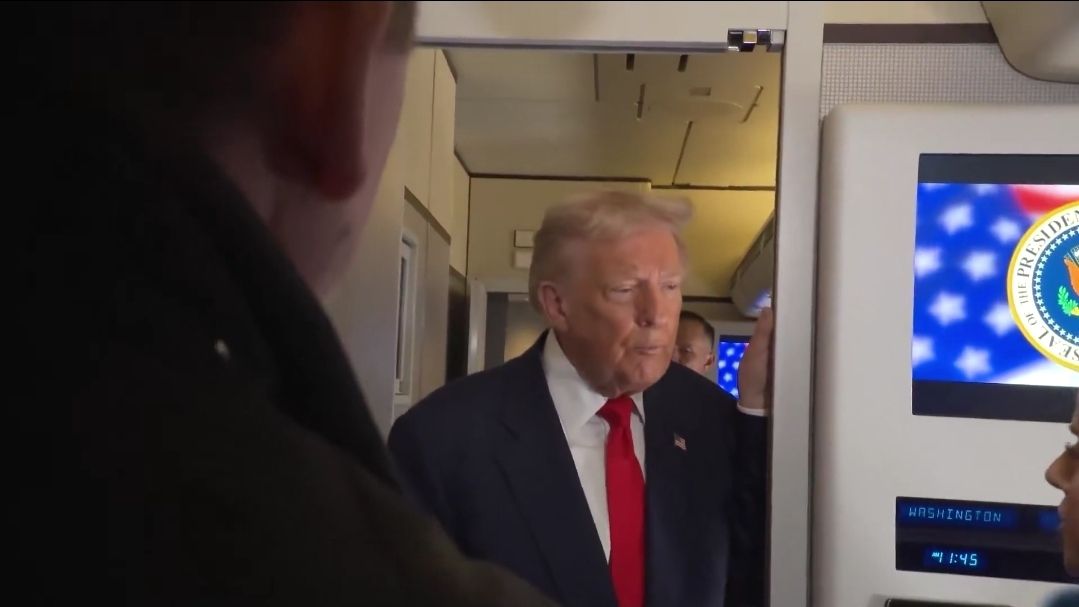
WASHINGTON, D.C. Oct 31, 2025 – President Donald Trump on Friday dismissed media reports suggesting his administration had greenlit military strikes on targets inside Venezuela, insisting no such decision had been made as tensions simmer over drug trafficking and the Maduro regime’s role in regional instability.
The exchange unfolded aboard Air Force One en route to a campaign-style rally in Florida, captured in a brief clip shared by the White House’s Rapid Response account. As Trump strode through the plane’s narrow corridor, flanked by aides and a gaggle of reporters, one journalist pressed: “There are reports that you are considering strikes within Venezuela. Is that true?” Pausing briefly amid the hum of jet engines and the flicker of overhead lights, Trump turned with a measured gaze and replied flatly: “No, it’s not true.” The 6-second video, posted late Thursday, has since racked up over 396,000 views, with supporters hailing it as a masterclass in media deflection and critics decrying it as evasive diplomacy.
The denial came hours after a Miami Herald report claimed U.S. officials had identified potential military sites in Venezuela for precision strikes aimed at dismantling drug cartels operating under the protection of President Nicolás Maduro. Citing anonymous sources familiar with internal deliberations, the article described a shift from naval interdictions in international waters—where the U.S. has sunk cartel speedboats—to land-based operations targeting production labs, trafficking networks, and possibly regime-linked figures. The piece portrayed the move as a calibrated escalation, avoiding a full-scale invasion while pressuring Maduro to curb the flow of fentanyl precursors and migrants northward, which Trump has repeatedly blamed for America’s border crisis.
White House Press Secretary Karine Jean-Pierre, speaking to reporters Friday morning, threw cold water on the speculation, emphasizing that “no final decisions have been made” and reiterating the administration’s preference for “all options on the table” short of unnecessary conflict.
“President Trump has been clear: We’re focused on securing our borders and starving the cartels of resources, whether through sanctions, partnerships, or targeted enforcement,” she said. The statement echoed earlier Trump administration signals, including a September pledge to expand actions against Venezuelan-based traffickers and October overtures from Maduro’s camp offering resource concessions in exchange for eased sanctions.
Trump’s quick rebuttal aligns with his first-term playbook, where he often publicly walked back reported hawkishness on Iran and North Korea to maintain strategic ambiguity. Analysts noted the timing: With the federal government shutdown dragging into its 31st day—fueled by domestic battles over immigration funding—the president may be wary of igniting a foreign policy firestorm that could further strain congressional Republicans.
“This is classic Trump: Deny to the press, but keep the adversary guessing,” said Michael O’Hanlon, a Brookings Institution foreign policy expert. “Venezuela’s a powder keg—Maduro’s grip is weakening, cartels are emboldened, and migration pressures are mounting. A strike could rally his base on border security but risk alienating Latin American allies.”
Reactions poured in swiftly on social media and from Capitol Hill. Senate Foreign Relations Committee Ranking Member Marco Rubio (R-Fla.), a vocal Maduro critic, tweeted support for “decisive action” against the regime but stopped short of endorsing strikes, calling for “multilateral pressure first.” On the left, House Minority Leader Hakeem Jeffries (D-N.Y.) warned against “reckless adventurism,” linking any escalation to the shutdown’s fallout on diplomacy: “While families go hungry at home, we can’t afford overseas distractions.” Venezuelan opposition figures, including exiled leader María Corina Machado, urged caution in a statement, praising Trump’s “firm stance” but pleading for non-military paths to regime change.
The Venezuela file has loomed large in Trump’s second term, with U.S. officials estimating that up to 80% of fentanyl entering the U.S. transits through Maduro-controlled routes. Recent moves include bolstering naval patrols in the Caribbean and seeking Grenadian basing for surveillance flights, moves that have irked Caracas and prompted Russian warships to shadow U.S. vessels. Trump’s denial may buy time for backchannel talks—Maduro reportedly floated oil-for-sanctions deals last month—but analysts warn that cartel violence and election-year posturing could force his hand.
As All Saints’ Day unfolds and the shutdown’s shadow lengthens, Trump’s Venezuela pivot underscores the tightrope of his America First doctrine: Project strength abroad without the quagmires of yesteryear. For now, the strikes remain off the table—or at least, out of the headlines.
